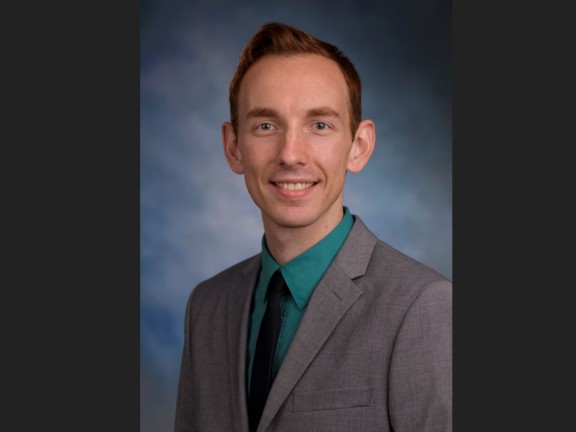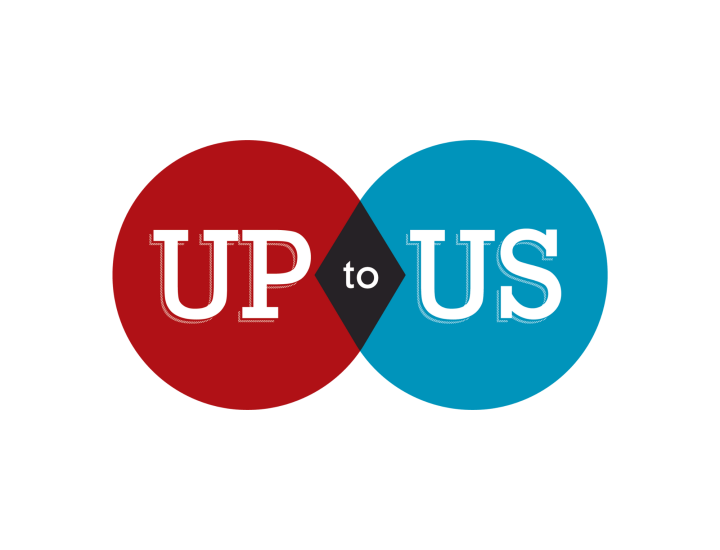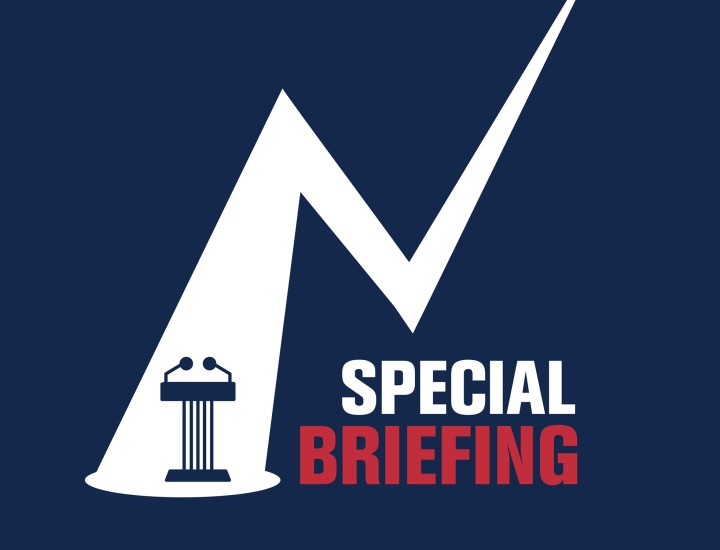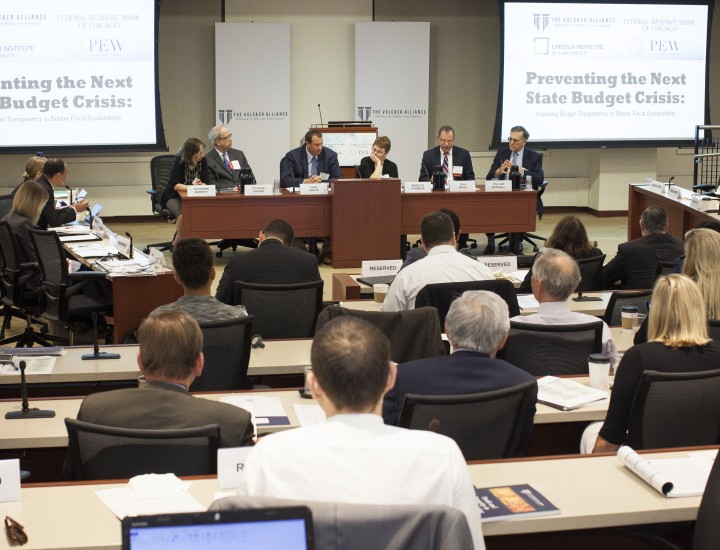Volcker Alliance Spotlight: Alex Hathaway on Why Government Finance Research is Important

Spotlight: Alex Hathaway, Research Associate
Georgia State University's Center for State and Local Finance and Fiscal Research Center
As a master’s student in the Andrew Young School of Policy Studies at Georgia State University, Alex Hathaway worked as a researcher for two of the Volcker Alliance’s Truth and Integrity in State Budgeting reports, starting in 2016. He now works as a research associate for the Center for State and Local Finance and Fiscal Research Center in the Andrew Young School, and he is Georgia State’s principal investigator for the Truth and Integrity in Government Finance Initiative. Prior to attending Georgia State for his master’s degree in public policy, Alex received his doctorate in chiropractic medicine from Life University.
Here, we share Alex’s story of why he made the decision to pursue government finance research, why he stuck with it after graduating, and why he believes this kind of research is critically important to advancing the effective management of government.
1. What inspired you to make such a dramatic career shift and get involved with state and local finance research?
Working in healthcare really shines a light on the importance of public policy and its real-life effects on people. As a provider, you sometimes feel your hands are tied by policy choices outside of your control. Even though I liked the field, I felt I could have a more significant impact on people’s lives working in public policy.
One of the first master’s courses I took at Georgia State was taught by Dr. Carolyn Bourdeaux, who was the director of the Center for State and Local Finance at the time. She helped me understand the real influence that public budgeting and finance have on the community, particularly on healthcare and education, and she first introduced me to two of the Andrew Young School’s public finance research centers: the Center for State and Local Finance and the Fiscal Research Center. Dr. Bourdeaux is one of the most influential mentors I have had, and she inspired my initial interest in public finance.
2. Why did you choose to continue your work with state and local finance research, even after graduating from Georgia State?
Public finance really is the driving force behind much of public policy—you need money to do almost everything. I had a great experience at Georgia State as a graduate student, and I was excited that the Centers hired me after I graduated. The Andrew Young School is one of the top institutions in the country for public finance research. It is easy to come to work every day with a group of people who are motivated to find concrete ways to improve public service delivery.
3. From your extensive research in public finance, what is an example of a state or local budgeting best practice that stands out?
California’s Five-Year Infrastructure Plan. States are reframing how they think about long-term liabilities, projects and programs that will require future investment. Too often attention is disproportionately focused on pension obligations. Deferred infrastructure maintenance—the costs of delayed building or bridge repairs—should also be a top concern. Even though these costs can be significant and unexpected, especially when natural disasters strike, few governments include deferred infrastructure maintenance estimates in their budgets. California’s planning process is noteworthy in that they require the governor to submit a five-year infrastructure plan to the legislature for consideration with their annual budget bill. This practice ensures consideration of a wider, more long-term financial picture for infrastructure and is much more transparent to taxpayers.
4. What advice do you have for public servants who are striving to be responsible stewards of public funds?
Be as transparent as possible—especially with money. I think most public servants are cognizant of the need to use public funds prudently, but there can be a breakdown in trust when the public does not understand where and how government funds are being used. The Volcker Alliance’s most recent report, Truth and Integrity in State Budgeting: Preventing the Next Fiscal Crisis, puts it best: “States should provide the data that public officials, advocacy groups, and citizens need to thoroughly understand budgets.” Government should not be afraid to publish citizen-friendly budget documents that explain policy choices, problems, and successes and, importantly, reinforce the value of accountability.


